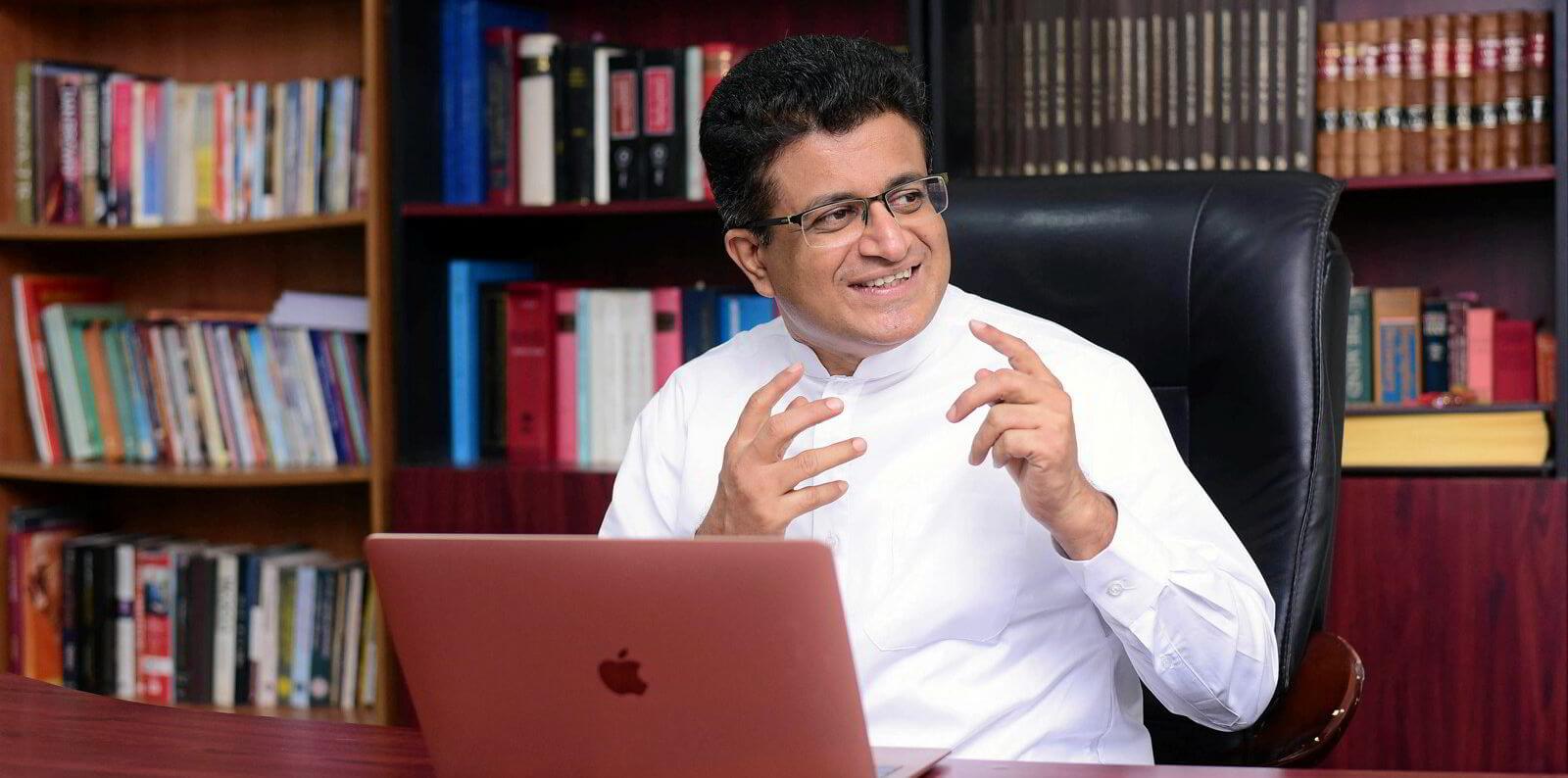Sri Lankan Energy Minister Udaya Gammanpila on Friday announced the signing of three lease agreements with India to develop the strategic Trincomalee oil tank farm. The move will effectively extend India’s lease for the oil tank farm by another 50 years.
After over 16 months of tough negotiations, Gammanpila said the 14 oil tanks, currently operated by Indian Oil Company’s (IOC) Sri Lankan subsidiary, would be leased to the company for another 50 years. In addition, the Ceylon Petroleum Corporation (CPC) will be given 24 tanks, and the IOC and the CPC will jointly develop 61 others. The lease agreements will be signed in the coming few weeks following the Cabinet’s approval.
Gammanpila celebrated the deal as a “historic victory,” noting that Sri Lanka would continue to own 24 tanks in their entirety and also have a majority stake in the 61 tanks jointly developed by IOC and CPC. He contrasted it with previous deals, such as the one made in 2003, when the oil tanks were “handed over” to Lanka IOC.
The Trincomalee oil tank farm project comprises 100 oil storage tanks constructed by the British during World War II in the Trincomalee district of Sri Lanka. India has been eyeing a deal to develop the 850-acre farm, which has a capacity of around one million tonnes. While the two sides have discussed the matter several times since the Indo-Lanka Accord in 1987, very little progress had been made until these past few weeks.

The IOC’s Sri Lankan subsidiary was set up in 2003, following which it secured a 35-year lease to develop tank farms in Trincomalee in exchange for $100,000 per year. Soon after, the Lanka IOC, the CPC, and the Sri Lankan government reached an agreement to formalise the lease. However, following a change in government in 2005, the deal was postponed. India-Sri Lanka tensions continued to rise during current Prime Minister Mahinda Rajapaksa’s second presidential term from 2010 to 2015, further delaying the deal.
Given that the tanks have been neglected for years, it will take around $1 million to refurbish each tank. Over the years, successive governments in Sri Lanka have agreed on the need to bring in foreign investment to develop the oil tank farm to make the century-old tanks commercially viable. However, progress has been stalled due to criticism from nationalist groups, who have expressed concern about foreign involvement in strategic assets.
However, Sri Lanka’s deepening economic crisis has left it with little choice. The country’s foreign exchange crisis has left several commentators suspecting sovereign default. Meanwhile, there is also concern over the high inflation rates, which have resulted in surging living costs and food shortages. In November, Sri Lanka was forced to shut down its only oil refinery, as it lacked the necessary foreign exchange reserves to pay for crude oil. Consequently, Sri Lankan Finance Minister Basil Rajapaksa visited India to request an emergency $1 billion line of credit to import essential items such as food and medicines and an additional $500 million for petrol imports.
Also Read: Sri Lanka Closes Three Diplomatic Missions Amid Dollar Crisis, Record Inflation Levels
In recent months, diplomatic ties between India and Sri Lanka have become somewhat strained after Colombo unilaterally called off a trilateral deal with India and Japan that would have allowed the three countries to jointly develop the strategic East Container Terminal (ECT) at the Colombo port. The announcement came only three weeks after Sri Lankan President Gotabaya Rajapaksa announced his decision to revive the agreement after previously putting it on hold. However, tensions in ties with China have emerged after Colombo accused Beijing of delivering a contaminated consignment of organic fertilisers, pushing Sri Lanka closer to India and presumably expediting the materialisation of the oil farm deal.

